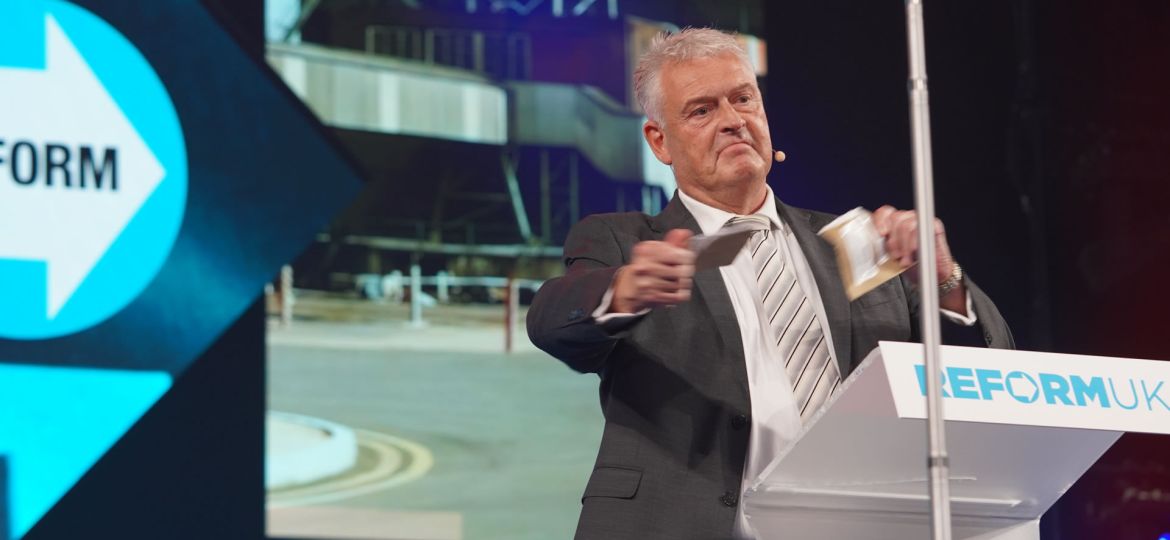
The 2024 Nobel Prize winner in Economics, James A. Robinson, won the prize for his study on why nations vary so greatly in wealth. The key finding from his work is that richer countries are structured to be inclusive, providing opportunities for everyone, while poorer countries are structured in a way that blocks avenues for individual opportunity.
A stark example of this is North and South Korea. As of 2023, South Korea has a staggering 30 times greater GDP per capita than its northern counterpart. Robinson would argue that the difference is due to the freedom of opportunity both nations have for their people. For example, in South Korea, if you think you can build a successful tech start-up, such as the South Korean founders of Sendbird, then go ahead, no one will stop you. Try that stunt in North Korea, and you’ll be shot.So, why the heck am I starting this article on the BBC like this?
Bluntly, because the television broadcasting system in the UK is structured in a way that ruthlessly blocks people’s opportunities.
It is illegal in the UK to watch any live video content without paying a BBC TV license fee. This includes content the BBC doesn’t produce or broadcast. For instance, viewers must pay the BBC license fee to watch ITV live, despite ITV receiving no funding from the fee and the BBC having no involvement whatsoever in the production or broadcast. This extends to modern platforms too: it’s illegal to watch a regularly scheduled Twitch stream without a TV license, despite not a single penny of the license fee going towards the streamer, nor Twitch.
How does this block people’s opportunities? Because in order to watch any live program, as a viewer, you’re forced to pay an unnecessary gatekeeper. And if you’re a broadcasting content creator, you have to deal with the issue of generating money from viewers who already feel like they’ve paid to watch your content; I mean, who’s ever even considered paying ITV for their subscription service? Furthermore, as a broadcaster, you’re having to compete against an unfair rival, one who doesn’t need to worry about generating advertising or subscription service revenue, since they’ve already made a cool £3.7 billion from their monopoly of the TV license (2023 revenue).
The argument for this repressive system is that, without it, BBC services would not exist in a free market. Although this is true for some services, many have clearly become redundant over recent decades. For example, the vast bulk of BBC’s TV entertainment. Game shows like “Pointless” might have had a point when the BBC was the only UK television broadcaster (1936-1955), but today’s viewers have access to numerous alternatives including independent channels, satellite services, streaming platforms, and social video-sharing sites. It’s also important to note that popular BBC TV programs wouldn’t disappear — they’d simply be sold to other broadcasters, as demonstrated by the Great British Bake Off’s successful move to Channel 4.
Similarly redundant services include BBC Food, which currently hosts a gratuitous 152 pancake recipes among countless other duplicative content. While existing recipes could remain online at minimal cost, there’s no justification for pumping out the 153rd pancake recipe. BBC Weather’s forecast presentation is equally unnecessary given the various free alternatives available through built-in smartphone apps and independent websites. BBC Sounds also duplicates services readily available elsewhere — its music is on Spotify, its podcasts on Apple Podcasts, and its radio broadcasts on Radio-UK.
Despite all this bashing, I believe the BBC has its place in the modern world, but at a significantly smaller scale. It’s about time we saw meaningful reform, if the BBC doesn’t do it, then the UK government should do it for them.

